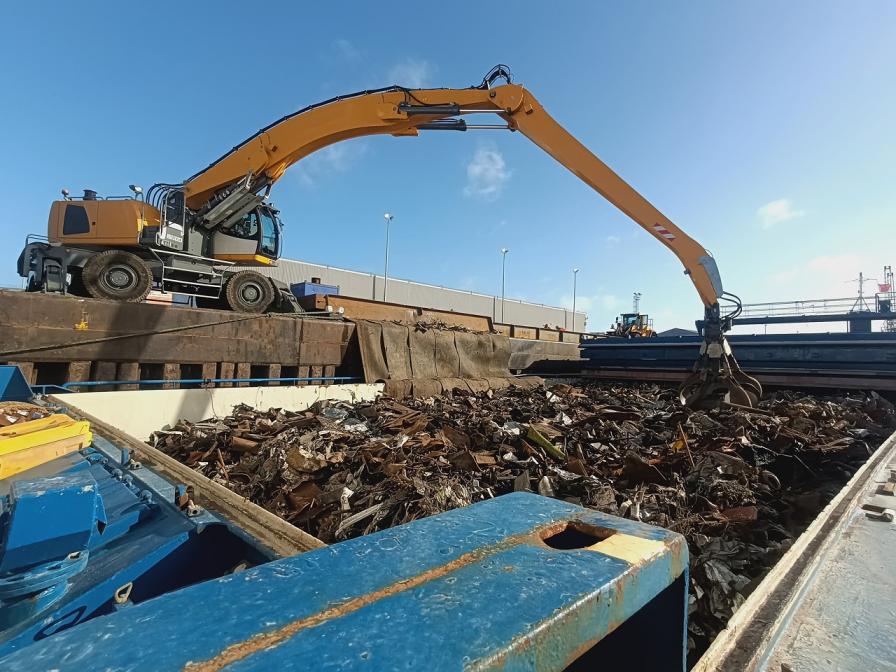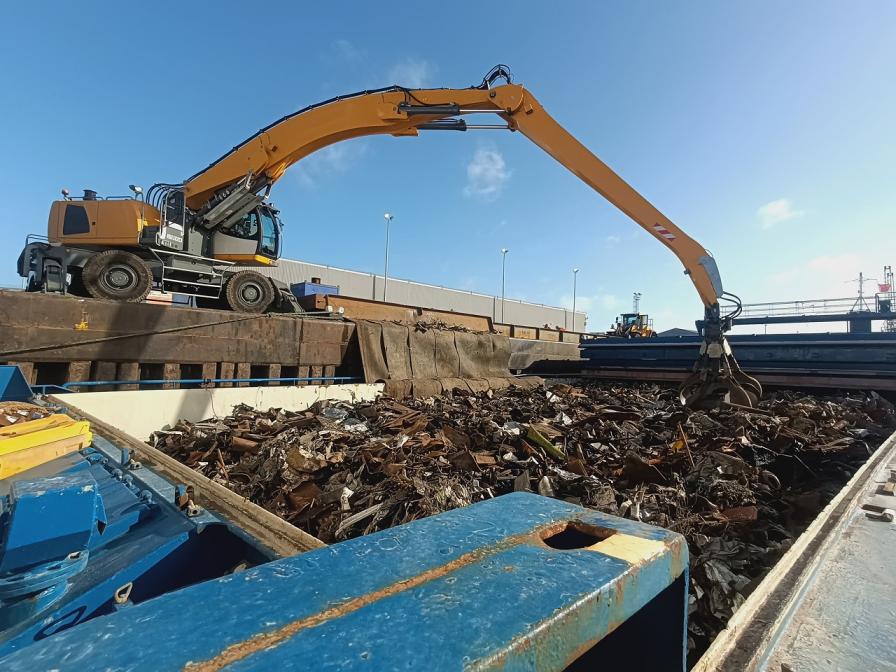OR
Express Checkout
We guarantee to have the lowest price! Find the same bin for a cheaper price and we will beat it!

Rubbish has traditionally been seen as something that people discard. Dirty and inconvenient, its natural home for many years was the landfill site, where it was buried out of sight and out of mind. Then came recycling, where certain rubbish was found to be useful and crafted into new products. Now it seems we have come full circle and rubbish, for some countries at least, is a desirable commodity.
Estonia has become the latest country to hit the news headlines for importing rubbish, 56,000 tonnes of it to be precise. The reason is to provide fuel for its waste converting energy plant at Iru. Last year the country produced 395,000 tonnes of rubbish, of which more than half went to landfill or was recycled. The lack of a domestic rubbish supply presented a problem for energy operator, Eesti Energia, which burned 245,000 tonnes of waste in the same period, meaning that it had to source fuel from elsewhere. The main contributor turned out to be Finland, although some of the garbage came from as far afield as The Republic of Ireland.
Eesti Energia board member, Raine Pajo, said, ‘Let’s be honest, the handling of foreign garbage pays better.’
It might represent good business sense, but the Estonian Environment Agency has made it clear that domestic rubbish must be prioritised before import licences will be granted.

Other countries have found themselves in similar positions. Over the years, Sweden has proved itself a model of responsible recycling and the nation’s landfill resources have been tapped dry. This might sound like the perfect scenario, but a quarter of a million homes are powered by incinerators, which haven’t got enough rubbish to burn. Enter Norway, their Scandinavian neighbour, who happily exported its waste to keep the Swedes’ lights on.
The trade in trash has also thrived amongst countries whose recycling industries are struggling, including Albania, which allows recyclable imports from other states in Europe, notably Italy, to prop up its recycling industry. However, loopholes in the system have allowed other waste into the country, often to be burnt for electricity. Many Albanians fear their country is being used as Europe’s ‘dumping ground’ and protestors have taken to the streets in their thousands to make their voices heard.
This leads us onto what is certainly the unacceptable face of rubbish trafficking. Many developing countries, particularly those in Africa, are being used by more prosperous nations as places to dispose of their unwanted rubbish. E-waste, in particular, is a growing problem in countries like Ghana. It is only natural that there will be locals who manage to scratch out a living, or even prosper, amongst this garbage, but the overall impact on these poor nations is undoubtedly a negative one.
Looking at a worldwide scenario where some countries produce too much rubbish and others ‘too little’; where certain nations’ recycling industries prosper whilst others struggle; and where developing economies are being exploited by those which are already prosperous; surely it is clear that the time has come for a global strategy to deal with rubbish.